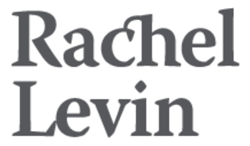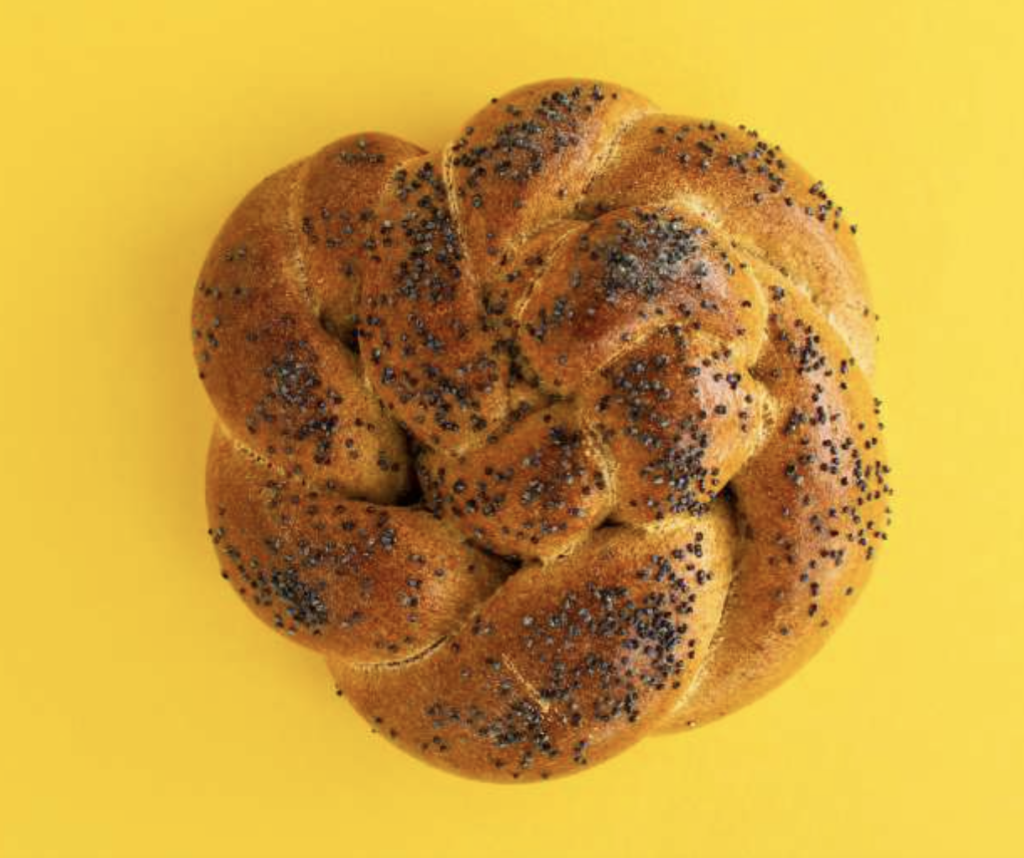Sourdough may be the celebrity loaf of #quarantinelife — and it is delicious and deserves all of the love and care and at least half of the amateur photos it’s getting — but it’s not the bread I’m suddenly baking.
Instead, every Friday since San Francisco mandated we shelter in place, my 11-year-old daughter, Hazel, and I have been making challah. Sure, I spent eight weeks every summer at Jewish camp, lost the limbo at my bat mitzvah and was hoisted in a chair at my wedding — I even recently co-authored a Jewish cookbook — but confession: baking challah is not something I often do. Now it’s the only constant of our amorphous week. I’m not religious at all, but there’s something comforting, even moving, about this part of the Shabbat ritual. Perhaps because, in a way, it feels like we’ve all — regardless of religion — been tossed into a secular sort of Shabbat. An endless Shabbat.
The Sabbath, as the more pious call it, is intended to be a day of rest. A time when time seemingly halts and we slow down, ditch our cars, go for walks, cook and eat, and focus not on work but on what ultimately matters: the people we love, the present. As 20th century German philosopher Erich Fromm once wrote of Shabbat: “By not working — that is to say, by not participating in the process of natural and social change — man is free from the chains of nature and from the chains of time, although only for one day a week.” Typically, Shabbat lasts 25 hours. (No, not 24, an hour after sundown on Saturday, and all.) Right now, though, it feels like we’re honoring Shabbat seven days a week, every week. It’s like the Jewish version of “Groundhog Day” (starring Billy Crystal instead of Bill Murray?).
Shabbat, too, comes with rules and restrictions. They are different than those of the coronavirus, but restrictions nonetheless. Both come with family time. (So. Much. Family. Time.) And wine. So much wine.
Even before our collective lockdown, the ancient tradition was trending. In her 2019 book, “24/6: The Power of Unplugging One Day a Week,” local filmmaker Tiffany Shlain urged modern families to turn off all devices for 24 hours and take what she calls a “technology Shabbat.” Ashton Kutcher was lighting the Friday-night candles and racking up tens of thousands of likes. My gentile friends in Fairfax were “Shabbat-ing” amongst themselves (and, yes, turning it into a verb). A WASP-y mother of three in Potrero was powering down at the end of the week, bringing her kids together around the table. Millennials were hosting group dinners with OneTable, a social dining platform with a challah hotline and the tagline: How do you Friday? Everyone taking a collective pause on a Friday night over roast chicken (or fried chicken, shumai or shrimp tacos) and calling it what it is: Shabbat.
In COVID-19 times, Shlain has been baking challah every Friday with her daughters — and a hundred or so strangers online (hashtag #zoomchallahbake). OneTable turned its Friday dinners virtual with a new tagline: “Shabbat Alone, Together.” And recently, Wise Sons launched a $110 Shabbat meal kit, including schmaltz-roasted potatoes, candles and a pre-made challah of its own, that’s quickly proven popular.
Pop star Katy Perry, raised an evangelical Christian, told a reporter not long ago: “I wish there was a thing like Shabbat for the whole world.” Well, Katy Perry, now it seems there is.
When this unprecedented, virus-induced reality was foisted upon us, something about it felt vaguely familiar. Like other times in life where it was upended in an instant and rearranged into something unrecognizable. In the beginning, I’d tried to pinpoint it. Sept. 11. The sudden death of my old boyfriend. The slog and fog and existential anxiety of new motherhood. The times when I’d wander the house and streets in sweats, forget where I parked, venture into the world only when I had to, warily. Times when the new normal was unwelcome, wrapped in a bubble that would eventually not so much burst as slowly blow away like a lost balloon, until I could see it only in the distance.
And then, the other day, as I sat in the backyard reading with my son, waiting for the dough’s second rise, I realized there was something else this quarantine reminded me of: Shabbat.
Around Passover, everyone was calling this 21st century pandemic our 11th plague, and — far worse than lice and frogs ever were — indeed it is. But it’s also been 14 weeks and counting, of an endless Shabbat. All the days blend together, but not Fridays. It was a few hours before sundown, and Hazel and I rolled and braided and brushed, like Jews have done, in some form or other, for thousands of years, through persecution and pain and perhaps times harder than this, and yet still: come out OK.
As does our challah. Warm and soft and sweet, made with flour and oil and eggs and honey and, unlike sourdough: yeast. (Which was not easy to find during this pandemic, but I had a connection.) An improbable sign of hope? It gets better each week.
Rachel Levin is the co-author of “Eat Something: A Wise Sons Cookbook for Jews Who Like Food and Food Lovers Who Like Jews” (Chronicle Books).


